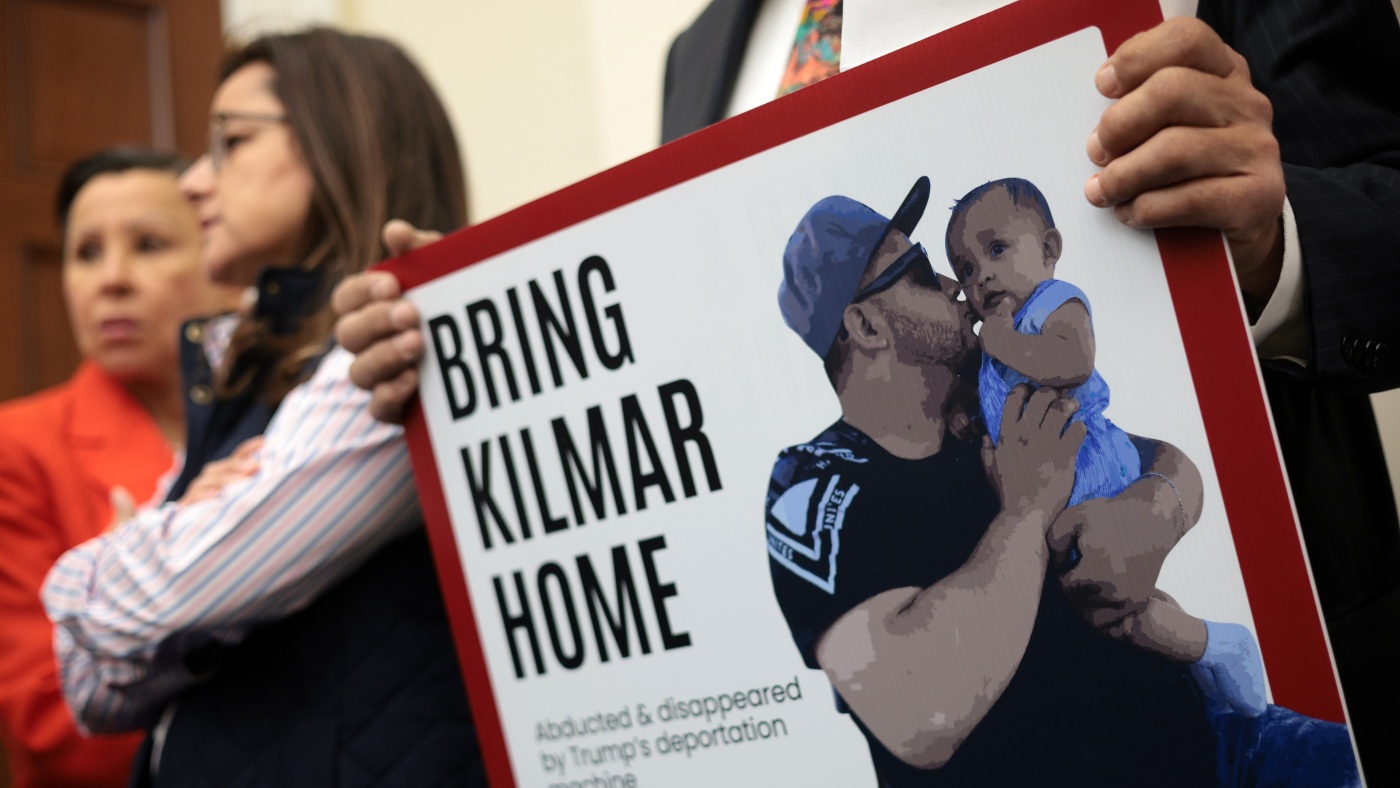A federal judge in Maryland is urging the government to bring back Kilmar Abrego Garcia, a man who was mistakenly deported to El Salvador. This case got attention when it reached the Supreme Court, which largely upheld the judge’s order for his return. Now, Judge Paula Xinis is pushing for quick action, asking the Justice Department for updates on Abrego Garcia’s status and the steps they are taking to facilitate his return.
Abrego Garcia’s deportation is controversial. The Trump administration admits it was a mistake but claims that he cannot be returned because he is already in Salvadoran custody. The Justice Department has asked for more time to respond to the judge’s demands, arguing that foreign affairs should not be rushed by court deadlines. They cite sensitive diplomatic considerations as reasons for their caution.
The Supreme Court’s involvement marks an unusual win for opponents of the administration’s strict deportation policies. Justice Sonia Sotomayor pointed out that the government has not justified Abrego Garcia’s arrest, deportation, or imprisonment. She, along with two other liberal justices, emphasized the lack of legal grounds for these actions.
What’s more revealing is the contrast between past and present deportation practices. Historically, deportations were often swift and without substantial checks. Recent cases, like that of Abrego Garcia, indicate an evolving legal landscape where courts are more willing to challenge the government’s assertions about deportation justifications.
Public reaction to the case has been mixed, with many voicing support for Abrego Garcia on social media platforms. Users are questioning the fairness of the administration’s stance and spotlighting the importance of due process.
Abrego Garcia had lived in Maryland for over a decade with his wife and three U.S.-born children before his deportation. He had previously been granted protections against such actions. His lawyers argue that accusations linking him to gang affiliations—specifically to the notorious MS-13—are based on unverified claims, insisting he has no criminal record.
While the situation remains complex, the federal government appears determined to maintain its position. Stephen Miller, a senior White House official, emphasized in a recent post that the Supreme Court supports their stance on foreign affairs, highlighting the challenges Abrego Garcia faces in returning to his family.
As this legal battle continues, it raises important questions about the balance of power between the judicial and executive branches and the implications for individuals caught in the crossfire of immigration policies.
Source link


